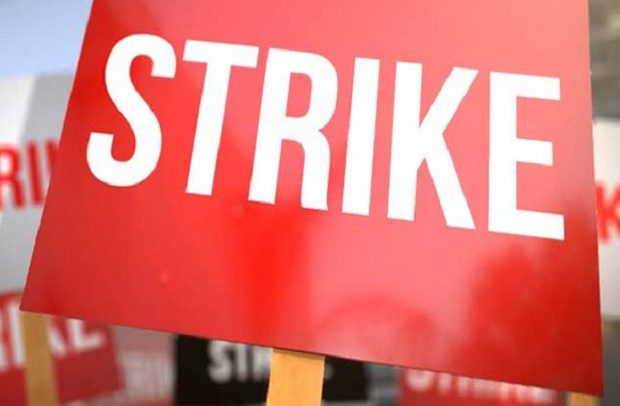In a bold move to demand improved conditions of service, members of the Ghana National Petroleum Tanker Drivers Union have declared an indefinite sit-down strike, citing long-standing grievances and unmet promises regarding salary enhancements and working conditions.
The strike, initiated by aggrieved drivers, is a response to what they perceive as the National Petroleum Authority (NPA) board’s failure to act upon an agreed-upon policy framework proposed since November 2023.
According to the Vice President of the Ghana National Petroleum Tanker Drivers Union, Sunday Alabi, efforts to secure approval for the policy framework from the NPA board have been met with delays and resistance, resulting in mounting frustrations among the drivers.
Alabi highlighted that despite submitting a petition to the Presidency last week in hopes of expediting the approval process, no response has been received yet, prompting the decision to escalate their protest through the strike action.
Alabi emphasized the critical need for immediate action to address the plight of tanker drivers who play an integral role in the petroleum downstream sector. “Just like the saying goes, ‘electricity no get leg, ebe copper wire wey dey carry am go,’ the petroleum downstream sector does not have a leg, it is the tanker drivers that carry it,” he expressed.
The tanker drivers’ union underscores the disparity between their working conditions and the benefits enjoyed by others in the sector, underscoring the urgency for tangible improvements to safeguard their livelihoods.
Until the policy framework is approved and implemented as a measure to enhance their salaries and overall working environment, the drivers pledge to persist with the indefinite strike action as a means of pressing for their demands.
The ongoing strike serves as a poignant reminder of the critical contributions made by tanker drivers within the petroleum industry and highlights the imperative for stakeholders to address the concerns raised by those at the forefront of the sector.
As negotiations and deliberations continue, the resolution of this impasse will be closely monitored to ensure an equitable outcome that upholds the welfare and interests of all parties involved.
By Vincent Kubi


